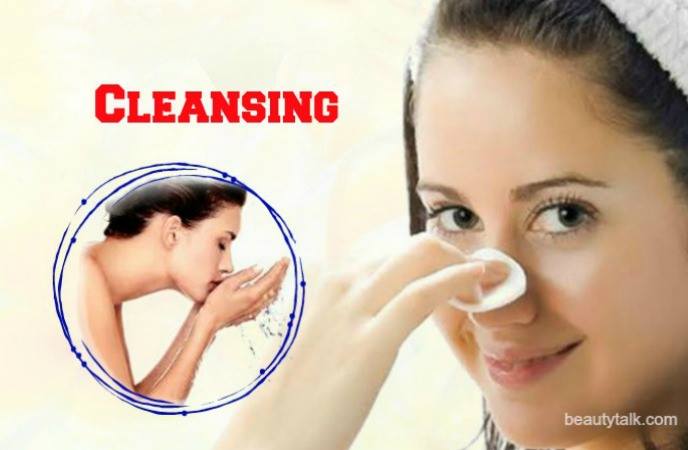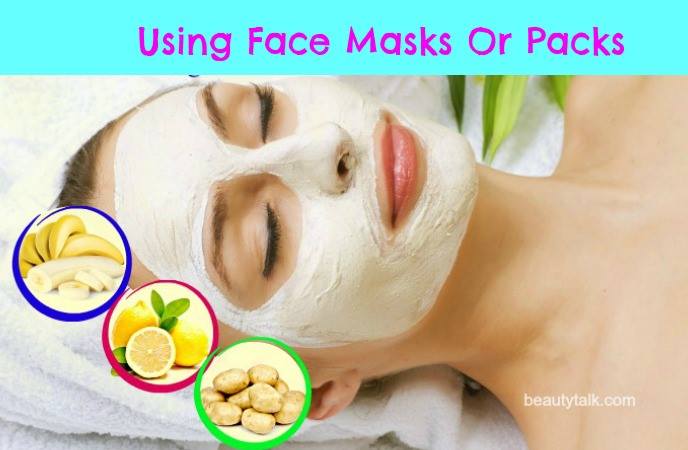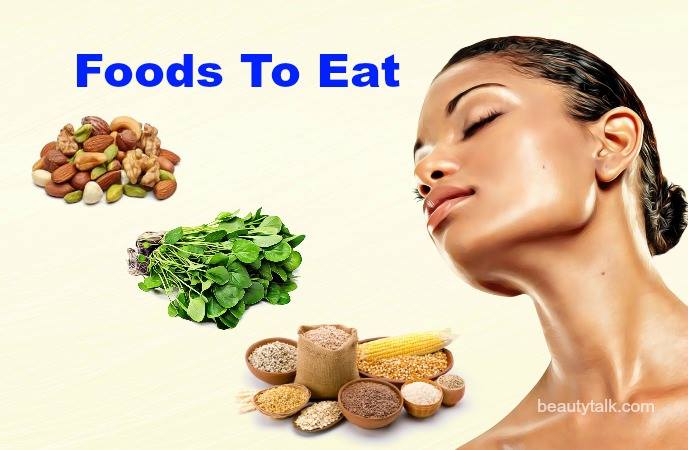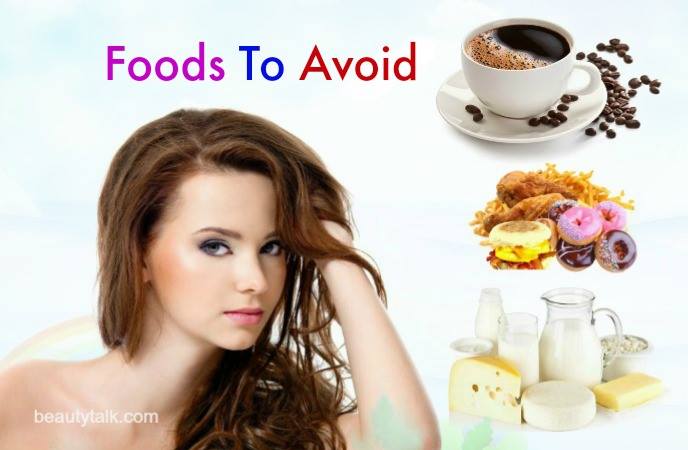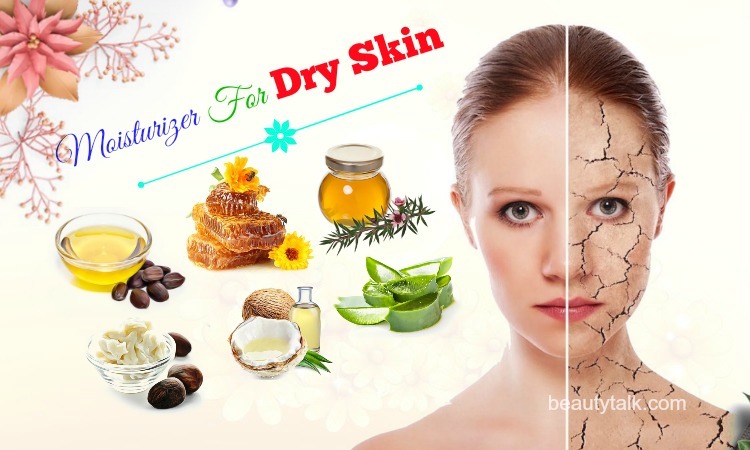updated: 06/27/2019
In This Article
Overview
When you are pregnant, there are two scenarios that you’re going to encounter. You will have shiny hair and glowing skin during your pregnancy if you are one of the lucky people. If you’re one of the unlucky ones, then you will suffer from oily skin, hair fall, and severe acne. So, if you fall under the second case, you should read this article. Oily skin on face during pregnancy is a common phenomenon and you should not worry when suffering from it. So, to know what causes oily skin on face during pregnancy, how to treat it, and how to prevent it from coming back, keep reading this article to know more.
What Causes Oily Skin On Face During Pregnancy: Treatment & Prevention
I. What Causes Oily Skin On Face During Pregnancy
During pregnancy, oily skin is a common occurrence. The cause is the hormonal change. When you are pregnant, there is an extreme fluctuation of the hormone progesterone and androgens that may cause an increase in the production of sebum in the skin and hair[1]. Then, increased sebum production may result in oily skin on the face during early pregnancy. Some females who have oily skin experience clearer and drier skin during their pregnancy.
II. Symptoms
Oily skin symptoms may include clogged pores, a shiny appearance, pimples, or skin looking rough. Oily skin often affects the face. Here are some of the most popular symptoms[2]:
BeautyTalk Partner Solutions

Ask Any Questions and Get Answers within Minutes, 24/7!
The Medical Experts are available whenever you need them. You can even approve payment only when you’re completely satisfied.
- noticeable or huge pores on the skin
- a greasy or shiny appearance
- occasional or persistent pimples
- skin that looks rough or thick
- blackheads, whiteheads, and clogged pores
Individuals with oily skin may be difficult to find the suitable makeup since it may combine with sebum and give the skin a different consistency. High level of stress, anxiety, and depression or hormonal changes may also increase the sebum production in the body.
III. How To Stop Oily Skin
Here are some essential skin care tips that you can apply to combat your oily skin. These ways are also safe and effective for pregnant women.
A. Must-Know Tips, Diets, And Proven Remedies For Oily Skin
While we are listing the scientific evidence, the recipes we've focused on are traditional home remedies so proceed with caution depending on your situation. Always consult your doctor and take a skin test regularly to know if a remedy is working for you.
1. Hydrating Your Body
As all we know, the skin is the largest organ in the body, so it needs daily nourishment. Consume water frequently throughout the day to help hydrate the skin from the inside out. Try a facial water sprayer for external hydration. They’re super refreshing on hot days[3].
2. Avoiding Spreading
Stay away from any makeup form that uses an applicator or sponge. These spread potential germs and oil from the skin directly to the makeup and then return to the skin, potentially to whole regions. All you’re doing is to contaminate your makeup and spread the oil to other areas of your face & neck. Apply makeup by using clean fingers or a brush, which can be rinsed. Avoid touching your face. Wash your hand frequently and wipe down any surface coming into contact with your face.
3. Cleansing
Water is one of the cheapest and best skin cleansers. The trick is washing your face with the help of warm water first. It’ll open the pores and let residue and dirt to be eliminated. Then, close the clean pores by splashing cold water. You need to select a face wash carefully if you think you aren’t obtaining a clean skin. A common mistake oily skin people make when opting for a face wash is picking one that is too dry. Search for a soap-free, gentle cleanser. Harsh soaps may remove essential oils from your skin, making the body retaliate by increasing the production of sebum to make up for a loss. Thus, utilizing a gentle cleanser is the best once it comes to combating greasy skin.
4. Using Blotting Paper
You can use blotting paper[4] throughout the day to help blot the excess oil when it appears on the skin. Reapplying makeup over oily skin continuously may cause a thick appearance, which isn’t appealing. When you blot and get rid of the paper, you will feel fresh. These bright little sheets help absorb excess oil without bothering makeup.
5. Using A Toner
Astringent toners containing alcohol may dry out your skin. Natural astringents such as witch hazel may contain skin soothing agents. Witch hazel has a high tannin content, which makes it a natural anti-inflammatory and astringent[5]. Natural astringent toners may be useful for making enlarged pores smaller and eliminating small bits of makeup or products that could clog pores in some people.
6. Patting Your Face Dry
After washing and applying toner, people should use a soft towel to pat dry their skin. Don’t pull down on the skin using a rough washcloth because it may promote the skin to form more sebum.
7. Using Face Masks Or Packs
a. Mud Mask
How Does It Work: A mud mask works by ridding your skin of impurities, leaving it alive and fresh. The Dead Sea mud is particularly beneficial since it comes with incredibly nutritional minerals that help to absorb excess oils. Also, they act genuinely, fading away purities and help clean the skin[6].
What You Need
- Fuller’s earth – two tablespoons
- Lemon juice – ½ tablespoon
- Rosewater – one tablespoon
How To Do: Take all traces of makeup out of your skin. Combine all of the elements in one clean bowl to create a paste and start applying a layer of this mud mask to your face. Allow it to dry and use warm water to wash it off. Finally, apply a light moisturizer. Follow it once a week.
b. Banana Face Pack
How Does It Work: Bananas are full of phosphates, vitamin E and C, and potassium[7], which help your skin to glow naturally. It additionally helps to regulate the pores that in turn, prevent the dirt or germs from entering the skin and causing the buildup of oil.
What You Need
- Ripe banana – one
- Honey – one tablespoon
- Lemon juice – one tablespoon
How To Do: Mix the ripe banana, honey, and lemon juice in a bowl. Apply the mixture to your face and let it dry before washing with warm water.
c. Lemon & Potato Mask
How Does It Work: Lemons exhibit vitamin C and detoxifying components, which together work to remove the extra oil from the skin. It is also chock-full of citric acid[8], which may be useful for absorbing excess oil and preventing unsightly breakouts. Potatoes, on the other hand, are full of vitamins B and C[9], which may ward off pimples and spots.
What You Need
- Potato juice – one tablespoon
- Lemon juice – one tablespoon
How To Do: Mix the juices well and apply it to your clean face. Allow it to work for fifteen minutes and wash off by using fresh water.
d. Yogurt & Lemon Mask
How Does It Work: Zinc housed in yogurt has mild astringent properties that are beneficial for shrinking the open pores and reducing the oiliness or greasiness of the skin[10]. It’s also ideal for unclogging the pores and ridding the skin surface of the impurities because it acts as a natural exfoliant.
What You Need
- Yogurt – one tablespoon
- Lemon – one tablespoon
- Besan – one tablespoon
How To Do: Make a mask by mixing yogurt, besan, and lemon. Apply the mask to your face and let it dry totally. Wash it off afterward.
e. Tea Tree Oil
How Does It Work: Thanks to the antimicrobial properties, tea tree oil may help protect your skin from harmful bacteria and germs which may inflame your pores and cause many skin problems[11]. Moreover, this essential oil is powerful at reducing the excess oil on the skin surface; thereby, lowering the risk of getting acne, even during pregnancy.
What You Need
- 1-2 drops of tea tree oil
- A cotton swab
How To Do: Dip the cotton swab in water and then pour tea tree oil onto it. Directly apply the swab to the affected skin area and leave it overnight. Wash your face with water and a mild face cleanser in the next morning.
8. Foods To Eat
- Eat Whole Grains: Instead of processed carbohydrates, consuming whole grains is excellent for enhancing skin texture and improving your complexion[12]. Foods such as wheat germ contain biotin and B-vitamin, which helps with the processing of fats. Your skin will become itchy, dry, and scaly if you have low biotin levels in your body. Whole grains such as buckwheat consist of the antioxidant rutin that aids in hindering inflammation-related skin damage. Foods rich in fiber such as brown rice and oats may help to keep your body, skin, and hair healthy by removing toxins from the body[13].
- Spinach: Green vegetables such as spinach, broccoli, and kale don’t hold any oil. They’re full of fiber[14] that aids in clearing your skin and regulating the production of oil. A cup of spinach has around 164 grams of water, which is essential to maintain a healthy skin. Your skin will become dry, dehydrated, flaky, and taut without enough water. Broccoli is abundant in vitamin C, vitamin A, and magnesium[15], which help prevent blocked skin pores. It further helps to control the production of oil, which decrease the risk of acne along with other skin problems.
- Nuts: Nuts are one of the best foods you should eat during pregnancy. Besides, nuts are chock-full of omega-3 fatty acids[16] that are essential for healthy and clear skin. Along with that, they exhibit anti-inflammatory abilities and help to promote your skin’s texture. Foods such as soya beans, nuts, salmon, tuna, and avocados are also high in omega-3 fatty acids that are excellent for your skin. Consuming omega-3 fatty acids soothes inflammation[17] and lowers the risk of acne[18] together with other skin disorders by reducing IGF-1 (insulin-like growth factor) and inhibiting hyperkeratinization of sebaceous follicles.
- Coconut Water: During pregnancy, coconut water is a useful drink. It helps to keep the skin supple and bright and prevent acne, blemishes, and breakouts[19]. In addition to this, it is loaded with vitamin C, calcium, and riboflavin, and comprises minerals such as magnesium, manganese, and potassium, which are vital for mothers and babies’ health[20].
B. Don’ts
9. Foods To Avoid
Below are some of the worst foods for skin because they may increase the oil secretion in the skin. Stay away from them to stop the oily skin condition.
- Dairy Products: Dairy products hurt the skin, mainly if it’s oily. They contain high levels of testosterone hormones[21] that accelerate the oil glands in your skin, making it produce more oil.
- Refined Carbohydrates: Refined cereals such as white pasta, white flour (maida), processed juices, and junk food may harm the skin since they spike the levels of blood sugar, sending the production of oil into overdrive[22].
- Caffeine: Tea and coffee may dehydrate the body, but it may cause excess oil production, leading to pimples and acne[23].
- Added Sugars: Eating sugar may cause a spike in your blood sugar level. This leads to more insulin production, causing the glands to release more oil. This leads to acne and oily skin[24]. Avoid cookies, jams, sweets, and pastries as well as cereals, crackers, cereal bars, and fizzy drinks. Take natural sugars that are present in vegetables and fruits, in moderation.
- Alcohol: Alcohol dehydrates your body, making the skin release more oil. Consequently, it leads to acne & breakouts[25].
- Inflammatory Fats (Trans & Saturated Fats): Avoid fatty foods if you have oily skin. Having a lot of saturated fats increases inflammation[26] in your skin that may lead to the production of excess oil. Avoid or limit red meats such as sausages, lamb, bacon, beef, pizza, cream, cheese, butter, pastries, and cakes.
- Fatty Meats: Meat is often high in sodium, leading to water retention. It causes greasiness and inflammation, leading to extremely oily skin.
- Salty Snacks: Excess salt will lead to inflammation and water retention. It additionally causes an increase in the skin’s oil levels as it tries to battle the dehydration caused by salt. Avoid salted nuts, pickles, crisps, sauces, store-bought soups, salad dressings, cured meats and bacon, crackers, and chips.
- Spicy Foods: Taking excess spices may create toxins in your body. Chilis may form a lot of heat in your body, making your skin oily. Consume more of salads and soups if you suffer from oily skin.
IV. Prevention Tips
Here are some preventative tips to help calm the clogged pores and oiliness:
- Wash your face twice every day using a pH balanced, gentle cleanser. This will eliminate the excess oil that clogs the pores. Using a basic face cleanser twice is the best method to prevent the problem of oily skin.
- Use a purifying facial oil to moisturize every day.
- Drink plenty of water daily to hydrate the skin. Hydration helps to maintain healthy skin.
- Have a full night’s rest. It’s best to sleep 7-9 hours every night. A lack of sleep will interrupt the ability of your body to maintain healthy skin. Also, sleep is connected to stress that may lead to acne and oily skin. So, get a sound sleep to stay healthy and happy.
- Eat a clean, organic diet to have a healthy body and skin.
If symptoms of oily skin such as acne becomes severe, you should seek for medical help because they may lead to scarring or infections. We hope all the information in this post will assist you in dealing with oily skin during pregnancy. Also, share with us if you know what causes oily skin on face during pregnancy, and how to stop or prevent it from coming back. All of the content provided in this article is for informational & educational purposes. We recommend you consult a healthcare professional to determine which method is appropriate for you.



